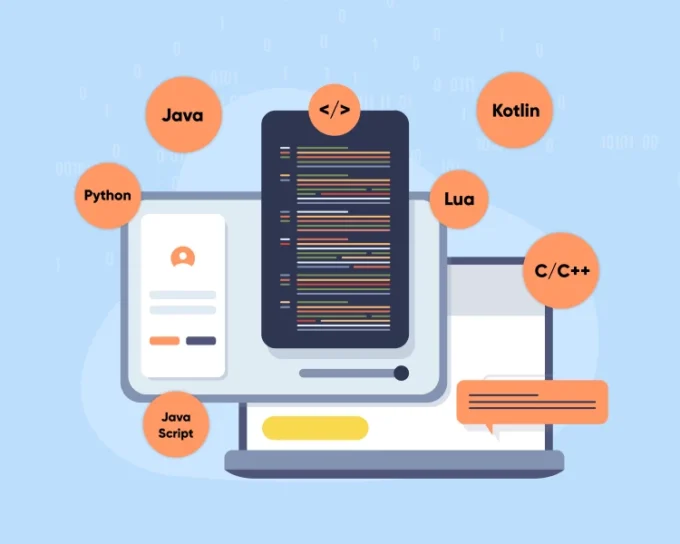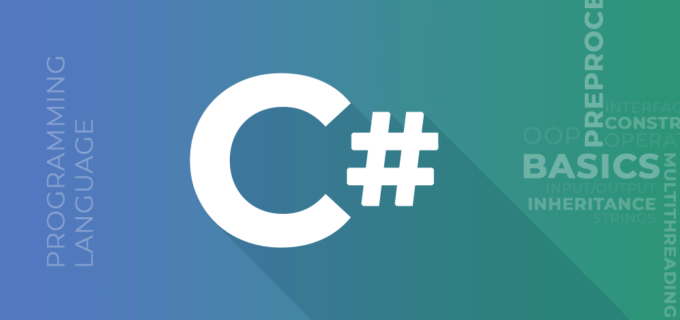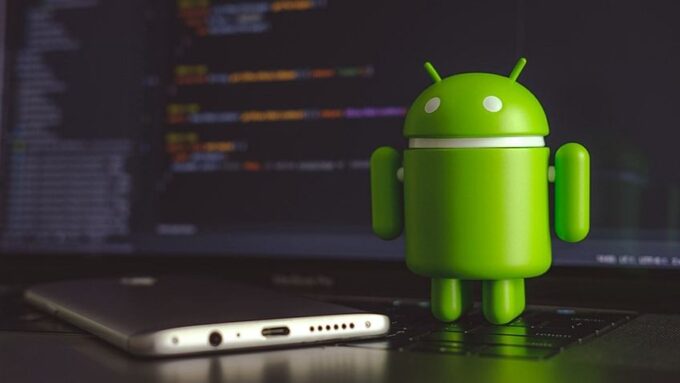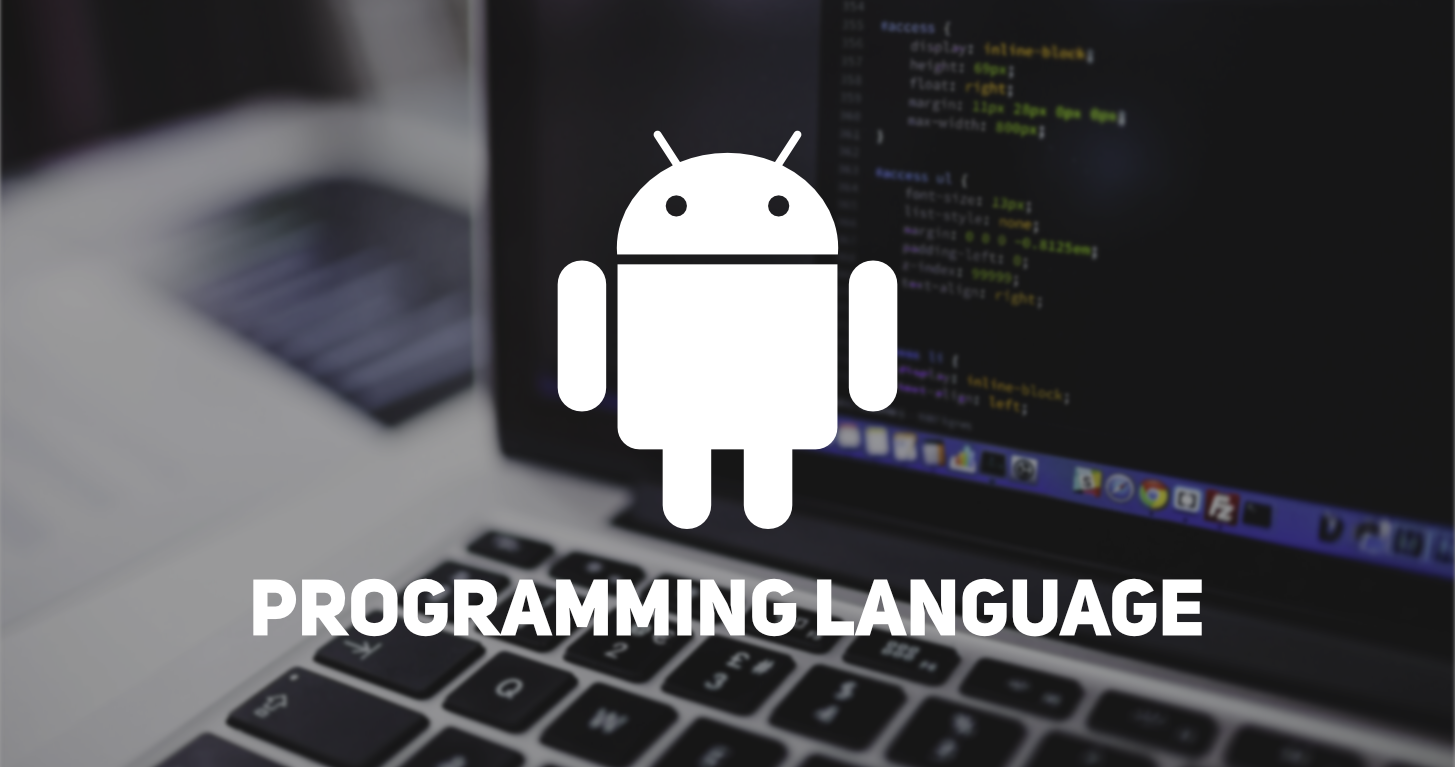Choosing the best coding language for Android apps is crucial. As smartphones increasingly weave into the fabric of our everyday lives, companies are ramping up their investment in app development to capture a piece of this expanding market.
Selecting the right programming language, coupled with the ideal Android app development company, can determine whether an app flourishes or falters. While several languages have stood the test of time, new contenders have emerged, offering innovative solutions to design challenges. This article will explore the most sought-after and efficient languages for Android app development in depth, providing insights to help you or your company make an informed decision for your next project.
Whether you’re a seasoned developer or a business looking to commission an app, understanding the landscape of Android app programming is essential. Welcome to the journey of finding the perfect code for creating captivating Android applications.
Best Languages for Developing Android Apps

The language you choose for it sets the foundation for the entire project. While many languages are available, a few have stood out over the years due to their efficiency, flexibility, and robustness. Let’s delve into some of the best coding languages for Android apps.
Java: The Time-tested Pillar of Android Development
Features:
- Mature and well-supported: As the original language for Android app development, Java has a vast ecosystem with extensive libraries and community support.
- Platform-independent: Java apps are designed to run on any device that has a Java Virtual Machine (JVM), making it highly versatile.
Benefits:
- Reliability: Java’s long-standing reputation and use in major applications make it a reliable choice.
- Widespread knowledge: Many programmers are familiar with Java, ensuring a lower learning curve and easier collaboration.
Dart: Emerging Powerhouse for Hybrid Applications

Features:
- Designed for Flutter: Dart is the primary language for Flutter, Google’s UI toolkit, allowing for the creation of natively compiled apps for mobile, web, and desktop.
- Hot reload: This feature boosts developer efficiency by facilitating immediate UI changes without compromising the app’s current state.
Benefits:
- Cross-platform: Dart, with Flutter, lets you write a single codebase for multiple platforms, saving time and resources.
- Contemporary syntax: Dart’s modern syntax makes it easier for developers to create concise and clear code.
Kotlin: The New Standard for Android
Features:
- Fully interoperable with Java: Kotlin can work seamlessly with Java, allowing developers to integrate Kotlin into existing Java code bases gradually.
- Concise syntax: Reduces the chances of errors and makes the code more readable.
Benefits:
- Increased productivity: Kotlin’s streamlined code structure results in less boilerplate code, accelerating development processes.
- Official Android language: Google’s endorsement as the preferred language for Android app development assures ongoing support and growth.
C++: Harnessing the Power of Native Programming

Features:
- Direct access to system resources: Being a lower-level language, C++ offers direct hardware-level access, optimizing performance.
- Extensive libraries: C++ boasts a rich set of libraries, allowing for the creation of diverse applications.
Benefits:
- High performance: Ideal for performance-intensive applications like gaming and real-time simulations.
- Mature and stable: With its longstanding history, C++ offers stability and a deep pool of resources for programmers.
C#: Versatility Meets Modernity

Features:
- Object-oriented: C# is a modern, object-oriented language, promoting clean and modular code.
- Integration with: NET. C# is deeply integrated with the .NET framework, offering a plethora of tools and libraries.
Benefits:
- Cross-platform with Xamarin: Using Xamarin, C# can be utilized for creating cross-platform mobile apps, enhancing its versatility.
- Intuitive syntax: Its syntax is similar to other C-type languages, making it familiar and easy to grasp for many developers.
Python: Stretching Beyond Traditional Boundaries

Features:
- Dynamic typing: Python’s dynamic nature allows for rapid application programming and prototyping.
- Rich frameworks: Python offers numerous frameworks like Kivy and BeeWare for mobile app development.
Benefits:
- Ease of learning and use: Python’s syntax is clear and easy to understand, making it a favorite among beginners and seasoned developers alike.
- Versatility: Beyond mobile, Python shines in web, AI, data analysis, and more, making it a great choice for projects that may expand in scope.
Selecting the right programming language for your Android application requires a balance of understanding your project’s needs, your team’s expertise, and the evolving technological landscape. Each of these languages offers unique strengths. Whether you are an individual developer or an Android app development company, choosing the right tool from this robust toolkit can set the course for your app’s success.
Conclusion

As the landscape of Android app development continues to evolve, staying abreast of the most effective languages becomes paramount. From the classic reliability of Java to the modern efficiency of Kotlin, and the expansive potential of Python, each language brings its own set of features and benefits to the table.
For developers and Android app development companies, understanding these languages is not just about coding. It’s about envisioning the future of applications, creating projects that resonate with users, and ensuring scalability for tomorrow’s needs. As technology surges forward, the line between native, hybrid, and cross-platform apps blurs, making it even more essential to choose a language that aligns with both present and future goals.
In conclusion, the best coding language for Android apps is not a one-size-fits-all answer. It depends on the project’s requirements, the developer’s expertise, and the vision for the app. By staying informed and adaptive, developers and companies can navigate the intricate world of Android app development, ensuring their applications stand out in an ever-competitive marketplace.










